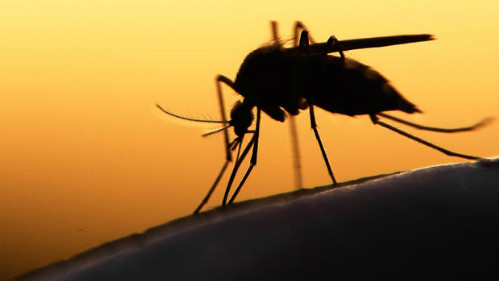Zika virus can cause infertility in men
Research on male mice shows that the Zika virus damages important cells leading to testicular atrophy, reduced sex hormones and limited fertility.
Although the study was only conducted on mice, scientists are still worried because the negative effects are likely to occur in humans as well. "This finding needs to be re-examined," said Michael Diamond, a doctor of pathology, immunology and molecular biology from the University of Washington (USA), who led the study.
 |
Photo: Today. |
According to Reuters, to study Zika, Dr. Diamond and his colleagues injected the virus into male mice. After 4 weeks, the testicles of infected mice shrank by one-tenth of their original size and the internal structure, including the seminiferous tubules, which are important for creating new sperm, was destroyed.
The team also found that Zika attacks and kills Sertoli cells, which maintain the barrier between blood and the testicles and create an environment for sperm to develop. More dangerously, Sertoli cells do not regenerate. "The problem is that the virus affects a part that cannot be repaired if damaged," Dr. Diamond emphasized.
Based on testicular function tests, the authors concluded that the sperm count, sex hormones, and fertility of Zika-infected male mice were all reduced. The successful conception rate with healthy female mice of virus-positive male mice was also reduced by four times.
Previous studies have shown that Zika can survive in semen for up to six months, but it has not been determined whether it is harmful or not. There is currently no vaccine or specific treatment for Zika. Global efforts to combat Zika have so far focused on protecting pregnant women because the virus has a serious impact on the fetus, leading to microcephaly and many other brain abnormalities.
According to VNE
| RELATED NEWS |
|---|

